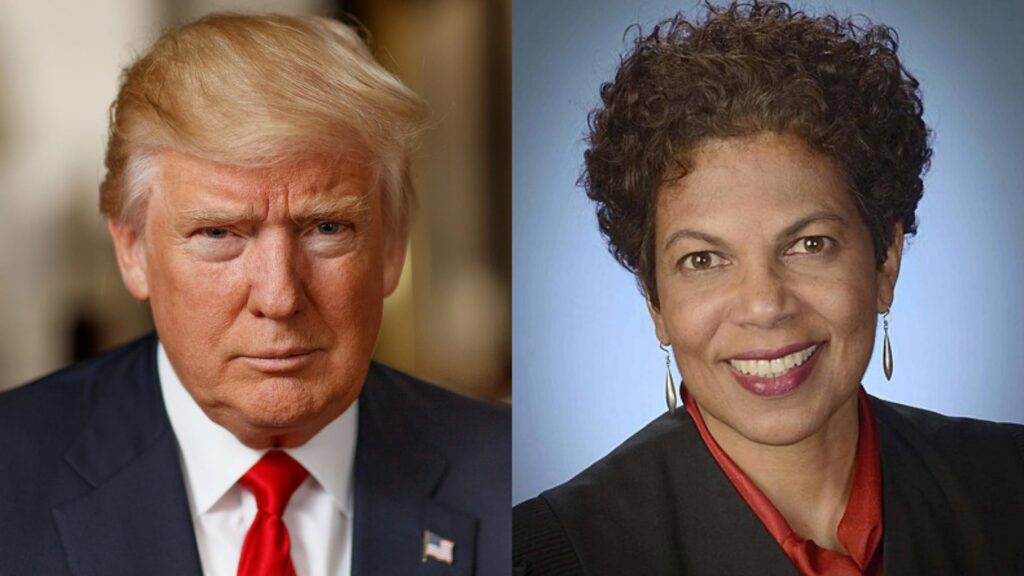In a significant development in the legal proceedings involving former President Donald Trump, Judge Tanya Chutkan has granted a request from Special Counsel Jack Smith to pause the January 6 case against Trump in Washington, D.C. This request comes in the wake of Trump’s historic victory in the 2024 presidential election. In September of the previous year, Trump was indicted on four serious counts pertaining to alleged efforts to interfere with the electoral process during the January 6 Capitol riots: conspiracy to defraud the United States, conspiracy to obstruct an official proceeding, obstruction of and attempt to obstruct an official proceeding, and conspiracy against rights. The timing of these requests reflects the unusual legal landscape created by Trump’s potential return to the presidency.
As the situation unfolded, Special Counsel Jack Smith formally requested the court to vacate the remaining pretrial deadlines to allow his office time to consider the implications of Trump’s election victory. Smith’s motion emphasized the unprecedented nature of the circumstances involved, as Trump was likely to be certified as President-elect during the court’s proceedings. The request indicates that the government is taking seriously the implications of Trump’s election win on the legal actions being pursued against him. Smith underscored the need for a thorough evaluation of how to proceed in light of the Department of Justice policies that govern cases involving individuals who are re-entering public office, specifically the presidency.
The judge’s decision to pause the case was rapidly processed, reflecting the urgency and complexity of the legal and political scenario. Following the granting of Smith’s request, all remaining deadlines in the pretrial schedule were officially vacated. The court directed the government to submit a status report by December 2, 2024, detailing the proposed course of action for the case going forward. This suggests that the prosecution is considering strategic alternatives in light of Trump’s electoral win, raising significant questions about how the judicial system will navigate ongoing cases amidst the presence of a former president in a newly acquired position of power.
The legal battles faced by Trump are consequential not only for him but also for the broader implications for future presidential candidates and their accountability under the law. The indictments against him stem from accusations regarding actions that are perceived to have directly undermined the democratic electoral process. The intersection of Trump’s legal challenges and his political ambitions highlights the complexities of navigating law and politics. As the prosecution reassesses its strategy, this pause could potentially lead to a reassessment of accountability standards for future leaders.
The political ramifications of Trump’s re-election cannot be understated, as they invoke discussions surrounding the separation of powers, judicial impartiality, and the nature of accountability for elected officials. The pause called for by Jack Smith indicates a careful approach to managing an unprecedented situation where a president is simultaneously contesting legal challenges while campaigning for office. The legal team’s lack of objection to the request signifies a potential willingness to engage in negotiations or discussions that could reshape the legal landscape for Trump going forward.
As the December deadline approaches, where Jack Smith’s office must outline its proposed next steps, attention will be focused on how the government addresses these monumental challenges. There is a fine balance to be struck between ensuring justice and respecting the will of the electorate. The outcome of this case will not only impact Trump’s legacy and the integrity of future elections but may also set legal precedents influencing how similar cases are handled in the future. The coming weeks are poised to be pivotal in determining the trajectory of Trump’s legal battles as well as the relationship between the judicial system and democratic processes in the United States.

